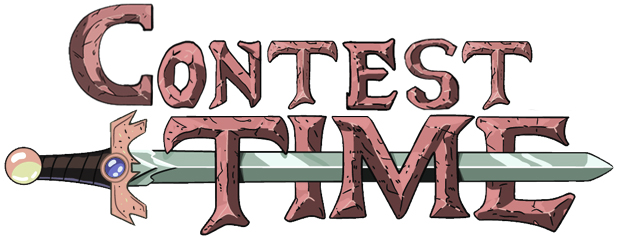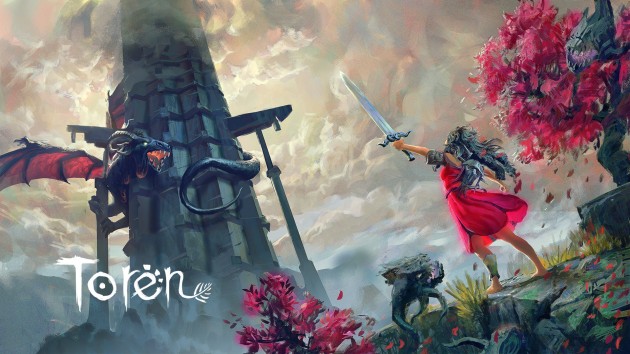As the semester ended, I spent a little time with Crusader Kings II again, as I often do when I have some free time at last. I sink in for a few days and decompress, and then I ignore the game for months. But this time, as I played, I considered my approach and the underlying similarity it had to the way I play other games. See, I don’t care about war in CKII. Oh, I’ll fight, but what interests me much more is the dynasty itself. I will cheat up cash, bull through a fight as quickly as I can, and go back to carefully combing every available marriage match for a child, considering genes, possible claims and alliances, and predictions for generations to come. I’m constantly bringing people in and out of my court, often just to serve as guardians for children or to fill a specific role. And I don’t feel bad at all at cheating my way to lots of money so I can do away with the inconvenient fighting aspect.
It’s a whole section of the game I just ignore, and it’s deep, like every other part of CKII. But I do the same thing with games like the Sims and even Minecraft. I played one survival game of Minecraft and dug and farmed and lived and fought and wow was it ever boring after I managed to get all the materials for one decent structure. Chasing a career in the Sims? No thanks; I have a job. So in Minecraft, I go into creative. In the Sims, I again cheat my way into money and build. I’ll happily build dozens of houses and download thousands of custom items. But I don’t play the actual game beyond that.
These games offer a particular sort of malleability, though often you have to disengage with one aspect or cheat your way into the experience you want, but the experience is still there. You can craft it. But it’s not just in these kinds of games; perhaps this is why I like the Dishonored games, because you can take different approaches. It’s why open world games often appeal to me, and why I seldom end up finishing main quest lines. I’m too busy off doing my own thing, creeping around in the grass or gathering flowers and just generally avoiding whatever it is I’m “supposed” to do.
Not all games offer these kinds of opportunities, or rather, they fight the player who wants to seek them. I’m thinking specifically of Dying Light here. I’ve mentioned before how much I really dislike that game, but beyond the controls (that jump button), any number of story elements (don’t get me started), there’s another fundamental issue: night time. If you let me crawl around on buildings in a game I will never touch the actual ground if I don’t have to, and often I will seek fringe paths, bugs, or anything else that will let me take an alternate path. Maybe I’m just rebellious. But Dying Light doesn’t want you to just crawl and jump and swing your way across the city, and it introduces a number of elements that prevent that very thing. Eventually, the game tells you, you’ve got to play our way.
Recently I’ve been playing The Witness. I played some before but never got very far. I find myself frustrated by what looks like a vast world but that is really a very guided experience. I love the scaffolding of puzzles and the way the game is just a series of steps to something else; that’s interesting. But it also gets old quickly for me because the structure is so visible and what I’m learning here is that I dislike structure, or at least structure that controls my gameplay. Part of the joy of play for me is figuring things out, something that may have been born from the original Legend of Zelda. You could go just about anywhere from the moment you turned on the screen, but the game pretty quickly taught you that you surely didn’t want to… unless you could be really quick and clever about your exploration. And if you couldn’t be quick and clever, well, then you built up and tried again.
I wonder if people who had different formative game experiences treasure different aspects because of those early games (and other factors, of course; my stubbornness is a huge part of this, I’m sure). But the more access I have to games, the more time I’m spending figuring out not just what I like but why. Otherwise, it’s easy to get overwhelmed on Steam, in a physical store, or just browsing something like itch.io. I’ll try almost anything… but it’s easier sometimes to pick the game that will let me mold a little of my own experience.




